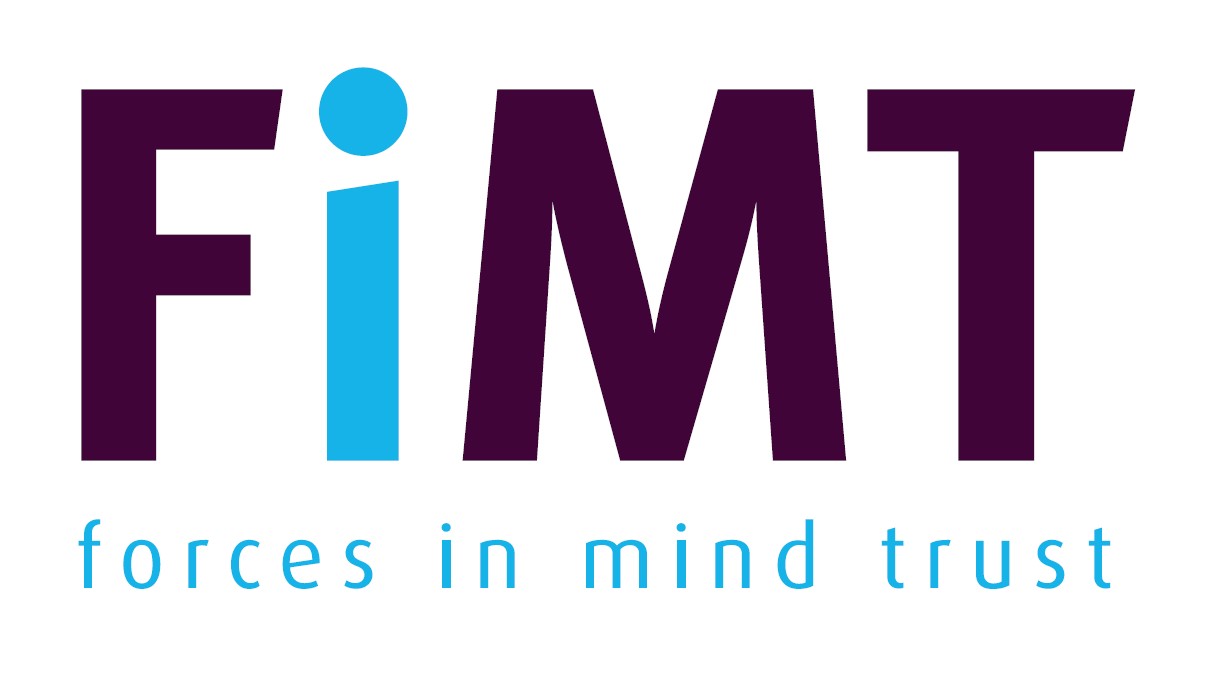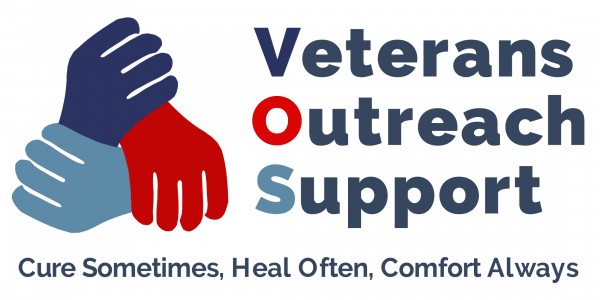Forces in Mind Trust (FiMT) has awarded the University of Glasgow £182,265 to conduct a three-year retrospective study examining the long-term health of Scottish veterans.
This is a follow up study to the original Scottish Veterans’ Health Study (2012-2015), which provided the first insight into the long-term health of 57,000 veterans (born between 1945 and 1985) and compared their health profile to non-veterans.
Researchers propose to examine a further five years of health data to compare the findings with those of the original study to detect emerging trends in ill-health over time, assess the implications for service provision and to evaluate the effectiveness of recent interventions, especially initiatives arising from the Armed Forces Covenant.
A further 10 years of birth cohort data (birth years 1986-1995) will be incorporated, which will include veterans who would have been 19 years at the end of operations in Afghanistan, in order to examine important mental health outcomes in these young veterans. There will also be additional health outcomes included in the study such as post-service amputations and joint replacement surgery as they have a bearing on care needs.
Ray Lock, Chief Executive of the Forces in Mind Trust, said:
“This latest research into the long-term health of veterans living in Scotland will help identify important areas of ongoing risk, unmet need, and trends in veterans’ health over time.
“This information will be of great value to service providers and government departments UK wide as the results are expected to be generalisable, and should help inform where interventions and support may be required to close any gap in unmet need, manage ongoing risk, and plan for future needs of this population.”
Dr Beverly Bergman, Honorary Senior Research Fellow at the Institute of Health and Wellbeing, said:
“The original Scottish Veterans Health Study has provided an unprecedented insight into long-term conditions, both physical and mental, in veterans who served as far back as 1960. We want to build on that to see not only how these older veterans are doing as they age, but also to look at emerging problems in younger veterans who have served on recent operations. We are delighted that FiMT is making this possible for us.”
Note to Editor:
Ray Lock is available for interview. To arrange please contact Tina McKay, Communications Officer at FiMT on co@fim-trust.org or on 07956 101132 or 0207 901 8916.
About the Forces in Mind Trust (FiMT):
FiMT came about from a partnership between the Big Lottery Fund (‘the Fund’), Cobseo (The Confederation of Service Charities) and other charities and organisations. FiMT continues the Fund’s long-standing legacy of support for veterans across the UK with an endowment of £35 million awarded in 2012. http://www.biglotteryfund.org.uk/.
The mission of FiMT is to enable ex-Service personnel and their families make a successful and sustainable transition to civilian life, and it delivers this mission by generating an evidence base that influences and underpins policy making and service delivery.
FiMT awards grants (for both responsive and commissioned work) to support its change model around 6 outcomes in the following areas: Housing; Employment; Health and wellbeing; Finance; Criminal Justice System; and Relationships. All work is published in open access and hosted on the Forces in Mind Trust Research Centre’s Veterans and Families Research Hub https://www.vfrhub.com/. A high standard of reportage is demanded of all grant holders so as to provide a credible evidence base from which better informed decisions can be made.
Useful links:
Website: www.fim-trust.org
Reports: www.fim-trust.org/reports/
Who we have helped: www.fim-trust.org/who-we-have-helped/
Twitter: @FiMTrust
About the Mental Health Research Programme: www.fim-trust.org/mental-health/research-programme/
About the University of Glasgow:
Ranked in the top 100 of the world’s universities, we deliver world-class and world-changing research and education with impact. We are a member of the prestigious Russell Group of leading UK Universities and are joint 1st in this group for student satisfaction. We are connected to seven Nobel Laureates, and 81% of our research is judged to be internationally excellent. Further information can be found here: http://www.gla.ac.uk/explore/

















